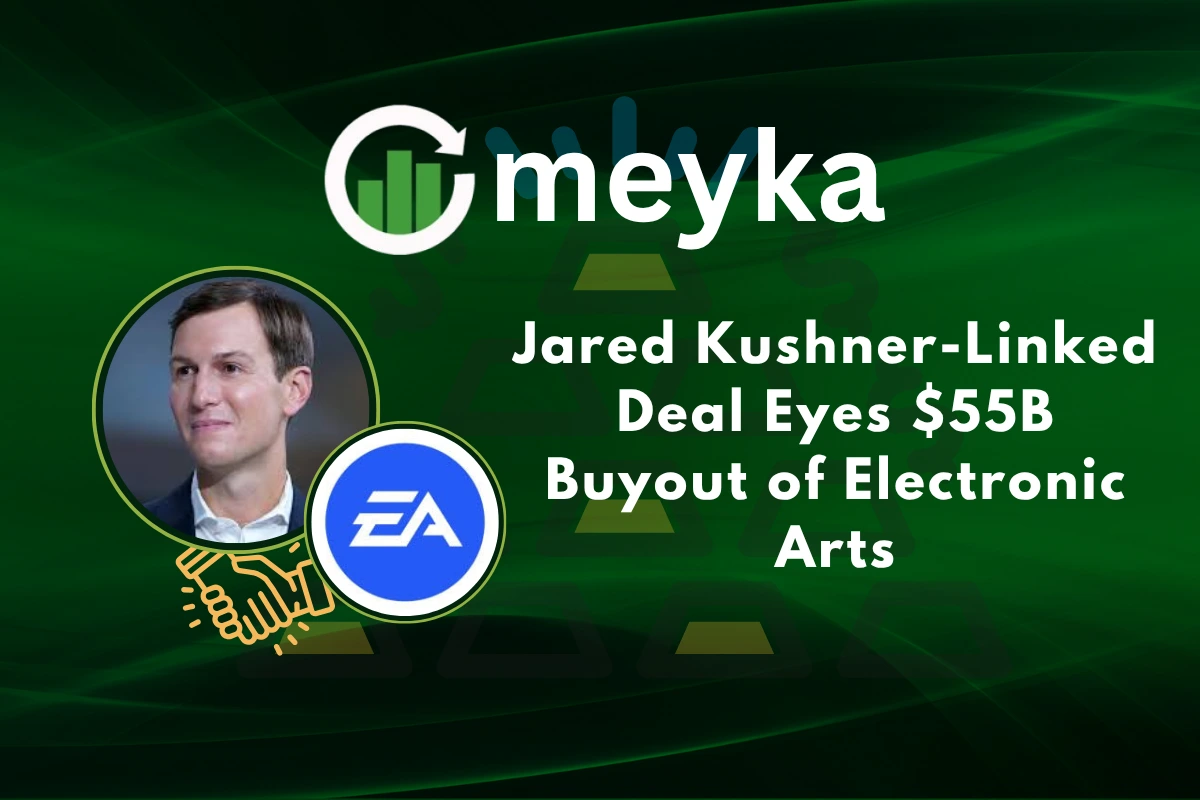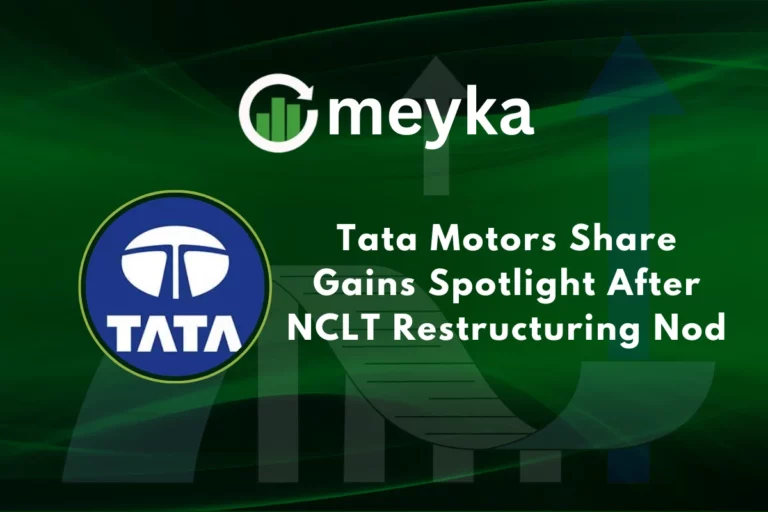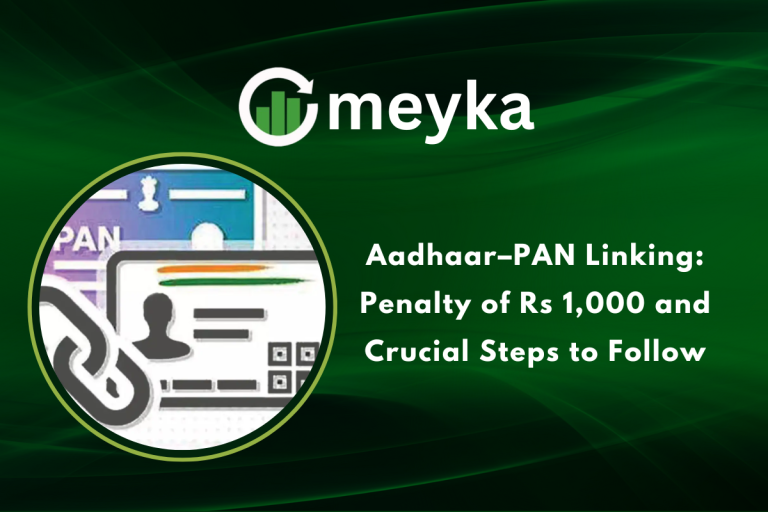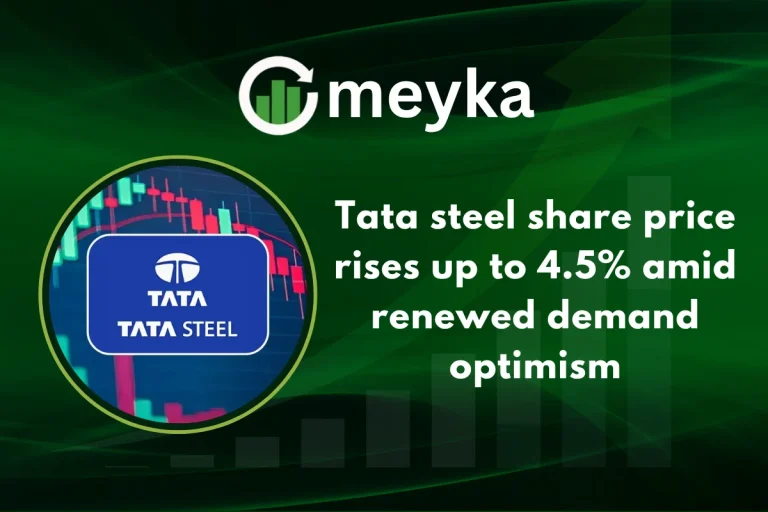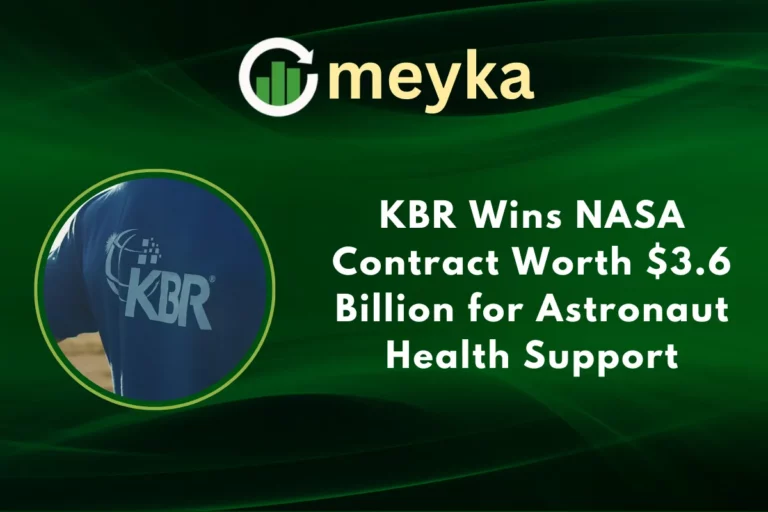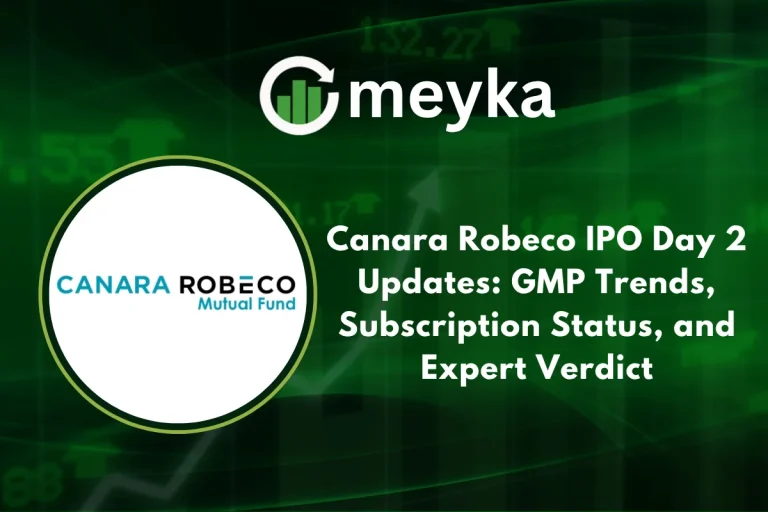Jared Kushner-Linked Deal Eyes $55B Buyout of Electronic Arts
On September 29, 2025, a consortium led by Jared Kushner’s firm and Saudi Arabia’s Public Investment Fund unveiled plans to acquire Electronic Arts (EA) for $55 billion. If completed, it will be the largest leveraged buyout ever in the gaming industry.
We see this deal as more than just a number. It links politics, money, and entertainment in new ways. For EA, it would mean leaving the public markets after decades and entering an era under private control. For Kushner and his allies, it offers access to one of the world’s most influential cultural platforms.
Let’s explore how this deal works, what it could mean for EA, and why it matters to the gaming world and to all of us who play.
Background on Jared Kushner’s Business Ties and Affinity Partners
Jared Kushner moved into finance after leaving the White House. He founded Affinity Partners to manage private capital. The firm has drawn attention for big, politically linked deals. Kushner’s ties to Middle Eastern investors have grown in recent years. Those connections helped bring Saudi Arabia’s Public Investment Fund (PIF) into this transaction. The financial press has framed Kushner’s role as a broker between Wall Street and Gulf capital.
Electronic Arts at a Glance
Electronic Arts (EA) runs major franchises. Titles include FIFA/Madden, Battlefield, Apex Legends, and The Sims. The company is based in Redwood City, California. EA has a steady cash flow from live services and sports licences. It has faced criticism over monetisation and yearly sports releases. Still, its game catalogue remains highly valuable to global audiences.
Jared Kushner: Details of the Buyout
On September 29, 2025, EA agreed to be acquired for about $55 billion. Shareholders will get $210 per share, a roughly 25% premium to the unaffected price. The buyer group includes Saudi Arabia’s PIF, Silver Lake, and Affinity Partners, Kushner’s firm. The deal is structured as an all-cash take-private transaction. The consortium plans roughly $36 billion in equity and about $20 billion in debt financing. JPMorgan and others are listed as key financing partners. The companies said the deal aims to close by the first quarter of fiscal 2027.
Why do buyers want EA?
Buyers see steady revenue from live services and subscriptions. Sports licences like Madden deliver annual cash flow. EA owns strong IP and development teams. Private control can let the company invest for the long term without public earnings pressure. Buyers also flagged growth chances in mobile, cloud gaming, and AI-driven tools. An AI stock research analysis tool was cited in investor briefings as part of due diligence on market trends.
Industry Impact and Consolidation
This deal raises consolidation in gaming to a new level. It follows other big moves, such as Microsoft’s purchase of Activision Blizzard. The buyout shrinks the pool of independent major publishers. Competitors may face higher acquisition premiums. Developers could see shifts in culture and spending. Big private owners often push for higher margins. That can mean more live-service focus and fewer risky creative bets.
Political and Ethical Questions
The deal’s backers include a sovereign wealth fund and politically connected figures. That mix brings extra scrutiny. Critics worry about influence over cultural media. Regulators may examine national security and content implications. Transparency on governance and editorial independence will be key. Some lawmakers have already signaled interest in questioning the sale’s national and cultural effects.
Market and Investor Reaction

EA stock jumped after the announcement. Traders welcomed the 25% premium. Analysts gave mixed takes. Some said the price is fair for steady cash flows. Others warned of financing risks tied to a large debt package. The deal drew attention to smaller publishers. Investors also watched firms that license sports rights, since EA’s private status could change negotiation leverage.
Risks and Challenges to Closing the Deal
Large leveraged buyouts carry execution risks. Regulators could slow approvals in the U.S., Europe, or other markets. Financing markets may change before closing, raising borrowing costs. Integration of strategies among PIF, Silver Lake, and Affinity will require clear governance. Public perception and reputational concerns may trigger activist pushback or legal challenges. Each of these factors could alter the timeline or terms.
What Success Could Look Like?
If completed, EA could invest more in long-term projects. The company might accelerate cloud services, esports, and mobile expansion. Private ownership could enable deeper AI integration in development and player personalization. Shareholders are already locked in a premium. Employees might see new incentives and strategic shifts under private owners. Competitors should prepare for a more concentrated market.
Conclusion and Outlook
The $55 billion offer for EA marks a landmark moment in gaming finance. The September 29, 2025, announcement opened a new chapter for the industry. The path to closing will pass through regulatory review, financing tests, and public scrutiny. If the sale completes, it will reshape who controls major gaming franchises and how those games reach players. The market will watch closely as the consortium moves from announcement to execution.
Disclaimer: The above information is based on current market data, which is subject to change, and does not constitute financial advice. Always do your research.
